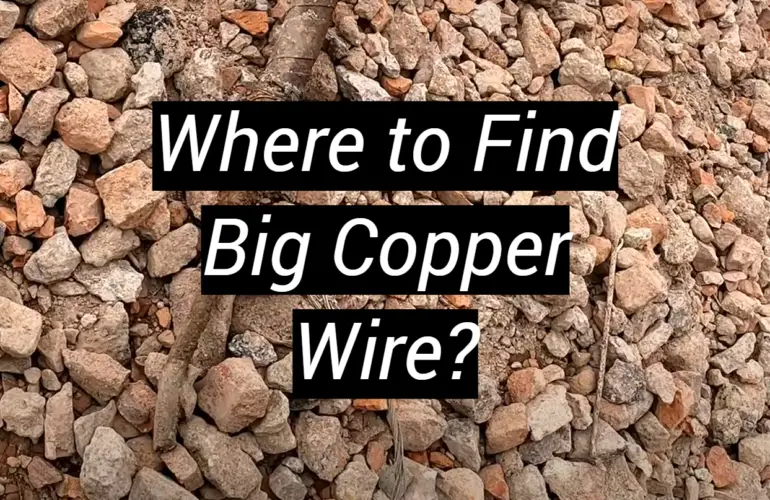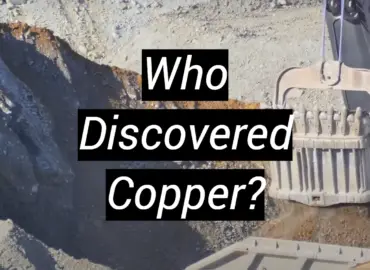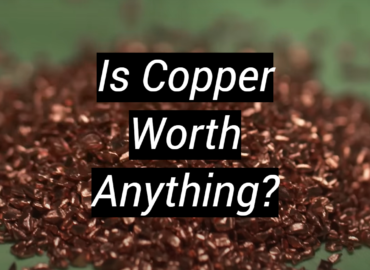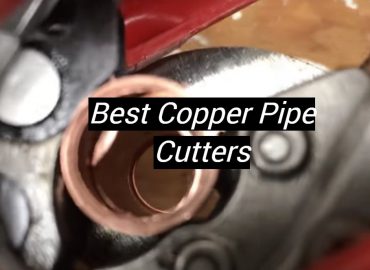Copper is an essential element used in many industries, from electrical wiring to the creation of appliances. It’s a popular choice for those looking to make large-scale projects or installations that require high-quality and long-lasting copper wire. But where can you find these big copper wires? Fortunately, there are plenty of places to source this important material.
Why is Big Scrap Copper Wire in High Demand?
Big scrap copper wire is in high demand due to the various industries that rely on it. It includes:
- Electrical wiring;
- Telecommunications;
- Some appliance manufacturing.
Copper’s excellent electrical conductivity makes it ideal for these applications and its durability ensures long-lasting products and installations.
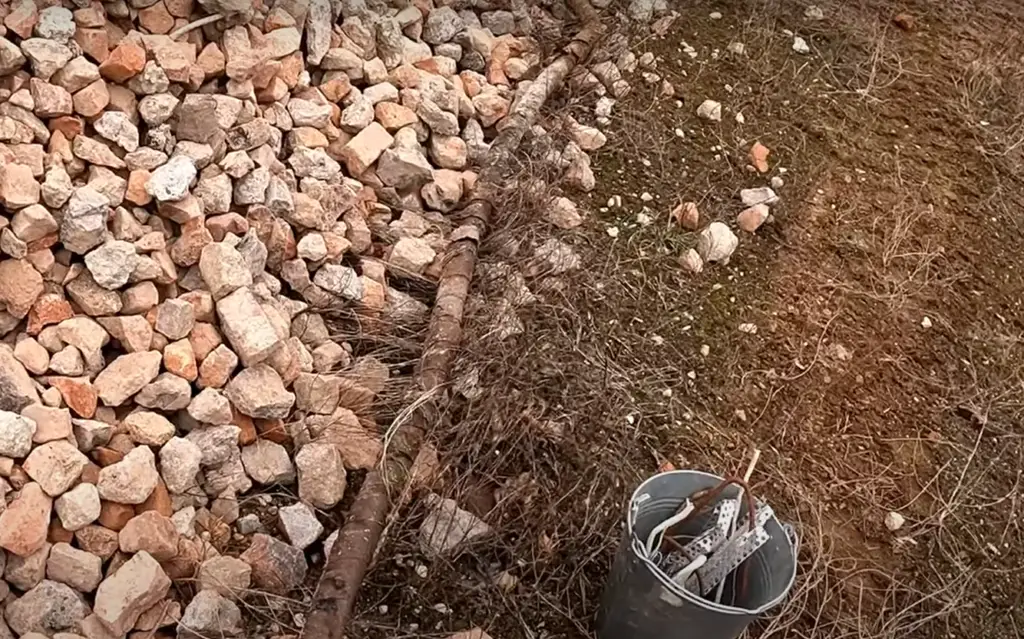
Technological advancements have also made copper an increasingly important commodity due to its ability to handle higher levels of electricity needed to power many modern devices. With the increased demand for bigger and more complex projects, there has been a growing need for larger quantities of scrap.
How expensive is copper wire?
The cost of copper wire can vary significantly depending on the size, thickness, and grade of the material purchased.
Prices differ based on the quality and type of alloy used in production [1].What kind of copper wire is used for scrap?
When it comes to collecting scrap materials for reuse, copper wire is a great option due to its durability and versatility:
Insulated Wire
It consists of a core surrounded by an insulating sheath. They come in various gauges and colors, depending on the application. Insulated wires are used for wiring electrical systems, such as household appliances or lighting.
Insulated Wire
It includes two different layers of insulation around the copper core. It’s found in large-scale projects requiring heavy-duty wiring and is thicker than regular one.
Bare Bright Copper
Bare bright copper is copper found in scrap yards or purchased as scrap from trash collectors.
Copper
Number one copper contains a pure unalloyed copper wire or cable that still has its insulation intact.
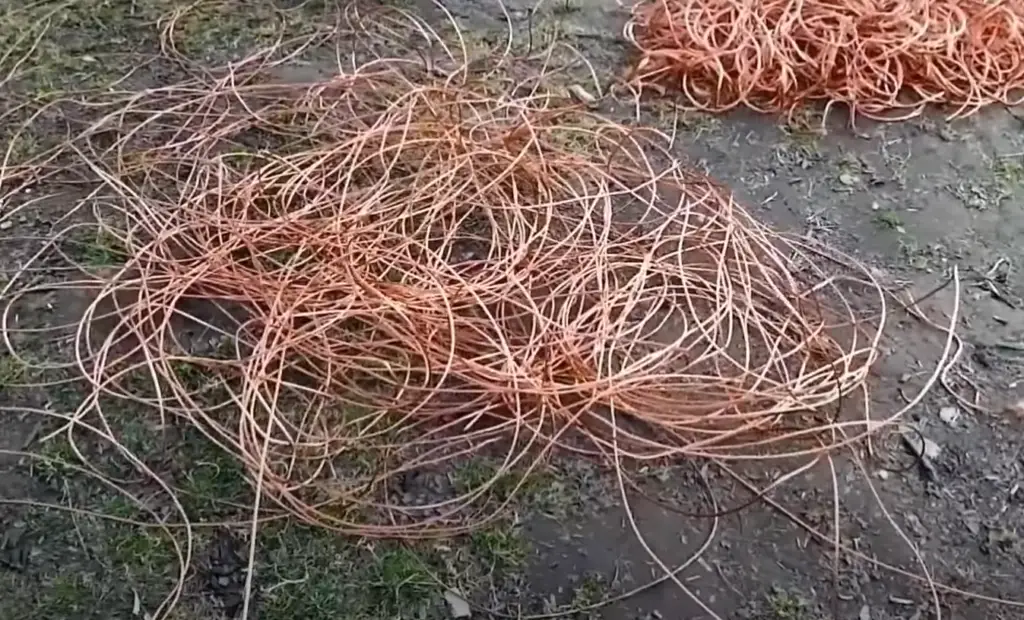
It is used for making wire coat hangers and other commonly used items.
Copper 2
Number two copper includes alloyed or mixed-metal wires and cables that have their insulation removed before being sold as scrap metal. This type of copper often contains traces of tin, lead, zinc, and other metals, and is not suitable for electrical wiring applications but can be repurposed into different products such as jewelry or craft supplies.
How can you tell what kind of copper wire you have?
To tell what kind of copper wire you have, first check the insulation. Insulated wires are rubber or plastic-covered and can vary in color depending on their application.
Bright and shiny copper often indicates it is bare bright copper if there is no evidence of insulation. It’s always best to consult a professional to get the correct response [2].
Top 8 Places to Look for Scrap Copper
When looking for scrap copper, there are several places to find it. Here are the top places you can look:
Electrical Contractors
Electricians often have leftover pieces of copper wire when they finish a job that might be up for grabs by scrappers looking to save money on their projects.
Businesses and Industries
Companies often dispose of large quantities of scrap copper wiring and tubing when updating their electrical systems or replacing old equipment.
Scrap Yards
Many scrap yards accept copper wire for recycling and offer competitively priced material for those interested in buying it in bulk.
Metal Recycling Centers
Local metal recycling centers may have large amounts of scrap copper that they are willing to sell off at competitive rates.
Wire Strippers
Some businesses specialize in stripping copper wiring from various objects and then selling it off as scrap metal to scrappers or other buyers looking to save money on their projects.
Remodels and Demolition Sites
Remodeling contractors or demolition companies often have scraps of copper wires available for sale.
Plumbing
Plumbers often have copper pipes and tubing available for sale that can be repurposed into scrap metal.
Statues and Décor
Decorative statues or pieces of décor made with copper can be taken apart and sold as scrap metal.
Appliances
Old or broken appliances often contain lots of copper wiring that can be salvaged from scrap metal.
Copper Roofs
Smaller copper roofs can be taken apart and sold as scrap.
Old Electronics
Older electronics like computers or TVs may have copper wiring suitable for selling for scrap.
Old Computers
Many older computers have copper components that can be removed and sold as scrap.
Kitchen Paraphernalia
Kitchen paraphernalia like pots, pans, and kettles can contain lots of copper you can sell for scrap.
How to find the best copper wire at these locations
Here are some tips that will help you do it:
- Visit the local scrap yards and metal recycling centers in your area to compare prices and select the best deals;
- Reach out to electrical contractors, businesses, and industries in your community for potential scrap copper sources;
- Make use of wire strippers or companies that specialize in stripping copper wiring from various objects. They can be great sources of quality scrap copper wire at a lower price;
- Check out remodeling projects or demolition sites for possible scraps of copper wiring;
- Contact plumbing companies to inquire about their leftover pipes and tubing made with copper that may be available for sale as scrap metal;
- Inspect decorative statues or pieces of décor made with copper and see if they can be taken apart for scrap metal;
- Search for copper wiring in old or broken appliances, such as washing machines or refrigerators;
- Consider smaller copper roofs and see if they can be taken apart and sold as scrap;
- Look for copper components when salvaging older electronics like computers or TVs;
- Examine kitchen paraphernalia like pots, pans, and kettles to see if there are traces of copper that could be used as scrap metal.
Is it worth it to strip copper wire?
The answer to this question largely depends on your situation.
It is worth stripping the copper wire if you have the right tools and enough of it to make it economically feasible.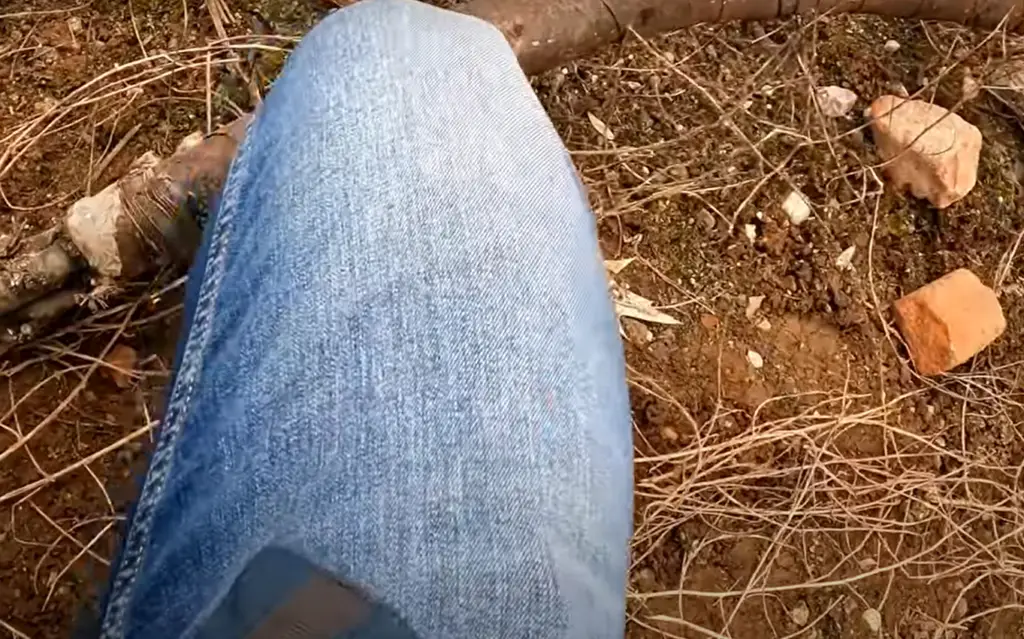
If you cannot properly strip the wire and end up damaging it, then you could end up losing money instead of making a profit. The cost of tools required for stripping copper wire may be too expensive for some people. Here are the tools you will need to do it:
- Wire cutters/strippers;
- Pliers;
- Heat gun or torch;
- Safety gloves and goggles.
As long as you have the right tools and enough copper to make it economically viable, stripping copper will put some extra cash in your pocket. However, keep in mind that there are risks involved with this activity, including damaging your copper wire. So, be sure to consider these risks before you start.
What tool should I use for the quantity of wire I have?
The type of tool you should use for stripping copper wire will depend on the quantity of wire you have:
- Less than 45 kg a month: For smaller quantities of wire, a simple pair of wire cutters or strippers would work fine. These tools are relatively inexpensive and easy to use, making them ideal for occasional projects or small batches of copper wire;
- 45 kg – 180 kg a month: If you have larger batches of copper wire, it’s best to invest in an electric-powered automatic stripping machine which will quickly strip large amounts of copper in very little time. This type of tool is especially useful if you plan on scrapping large quantities of copper regularly.
- More than 180 kg a month: For the largest quantities of copper wire, consider investing in a hydraulic-powered stripping machine which offers even more power and precision when stripping large batches of copper. This type of tool is the most expensive option, but it can quickly strip huge quantities of copper in a short amount of time.
Copper wire stripping warnings
Before you start stripping your copper wire for scrap, you must be aware of the potential dangers and safety hazards involved. Here are the top 10 warnings for copper wire stripping [3]:
- Wear protective clothing such as gloves and goggles when handling copper wiring;
- Ensure that your work area is free from flammable materials or debris that could ignite;
- Do not operate electrical equipment in wet conditions or near water sources;
- Disconnect all power before beginning work on electrical components;
- Avoid overloading your circuits by using more than one extension cord per outlet;
- Always use the right tool for the job to avoid damaging wires or components;
- Use the right wire stripping technique to avoid accidents or injuries;
- Dispose of copper wiring properly and responsibly when finished with it;
- Do not attempt to strip wires if you’re unsure of what you’re doing as there is potential for serious injury or death;
- Take extra care when working in tight spaces and around other people, especially children, and pets, to ensure their safety.
Tips for Maximizing Profit from Big Scrap Copper Wire
By following these tips, you can maximize profits from selling scrap copper wire and make the most out of recycled metal purchases.
- Be sure to separate different types of copper wire based on their gauge, condition, and purity;
- Make sure to measure the outside diameter of the wire in millimeters before sorting it into groups;
- Use a pair of insulated pliers or tongs to safely handle delicate copper wires without causing damage to them;
- Do research online to compare current market prices of scrap copper wire;
- Ask around at local scrap yards and salvage centers to get the best price for your copper wire;
- Contact companies that specialize in recycling metals for higher-end estimates and potential deals;
- Look for bulk buyers who are willing to purchase large quantities of copper wire at discounts or wholesale rates;
- Don’t be afraid to negotiate with potential buyers as this can often lead to more profitable deals when selling scrap copper wire;
- Look for special offers or competitions that may be running which can increase the amount of money you make from selling scrap copper wire;
- Keep an eye out for government subsidies or incentive programs that may be available to help maximize profits from selling scrap copper wire;
- Consider joining a trade association or recycling organization that focuses on metals to keep up with changing trends and take advantage of discounts, deals, and other benefits offered by members;
- Ensure you keep your copper wire organized and sorted into groups for easy reference when finding buyers or negotiating prices.
FAQs
What type of wire has the most copper?
The type of wire with the most copper depends on the application. Copper electrical wire is one of the most common types and is found in household wiring, while coaxial cables are frequently made from copper. Other types include wiring for telecommunications, high-end audio equipment, and power cables.
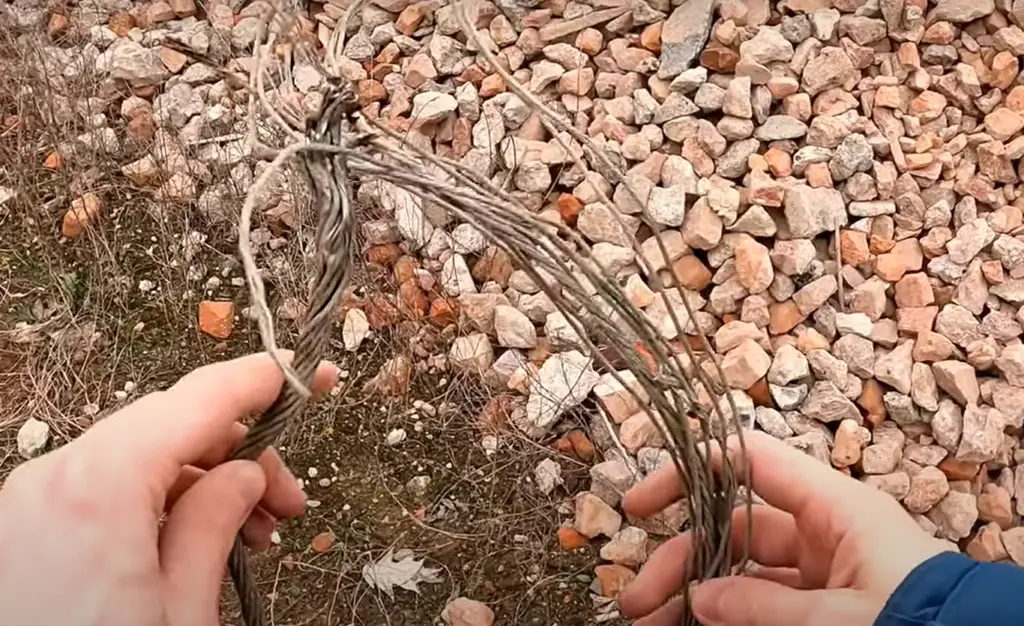
Some specialized applications may use other materials such as silver or aluminum in place of some of the copper, but the majority will still be composed of this metal. The gauge (thickness) of the wires plays a role in how much copper it contains; thicker wires contain more copper than their thinner counterparts.
What junk gives you copper?
Many types of junk can give you copper. Old electronics such as computers or TVs, kitchen paraphernalia like pots and pans, decorative statues and décor made with copper, and plumbing fixtures all have the potential to contain copper wiring or components.
Old appliances may have copper wiring or tubing that can be salvaged for scrap. You should look at the roofs of older buildings as well. Many of them contain smaller sheets of copper that can be taken apart and sold as scrap.
What is the rate of 1 kg copper?
The rate of 1 kg of copper varies and is dependent on many factors, such as the grade (quality) of the copper, market demand, and the current price. As of today, the cost of 1 kg of copper is estimated at $8.37 [4].
How long is a 1 kg copper wire?
The length of 1 kg copper wire depends on the gauge (thickness) of the wire. Thicker wires are shorter and lighter than their thinner counterparts. A 1 kg spool of 14-gauge copper wiring would measure around 40 meters in length, while a 16-gauge wire spool would be approximately 50 meters long.
Is copper cable suitable for recycling?
Yes, it is. Copper cable is suitable for recycling. Copper has many properties that make it an ideal material for recycling. It is malleable and ductile, making it easy to shape into different forms and sizes.
The fact that copper can be re-melted multiple times without losing its strength or electrical conductivity makes it even more attractive as a recyclable material. Copper wiring is in high demand due to its widespread use in many applications such as electronics, telecommunications, and plumbing.
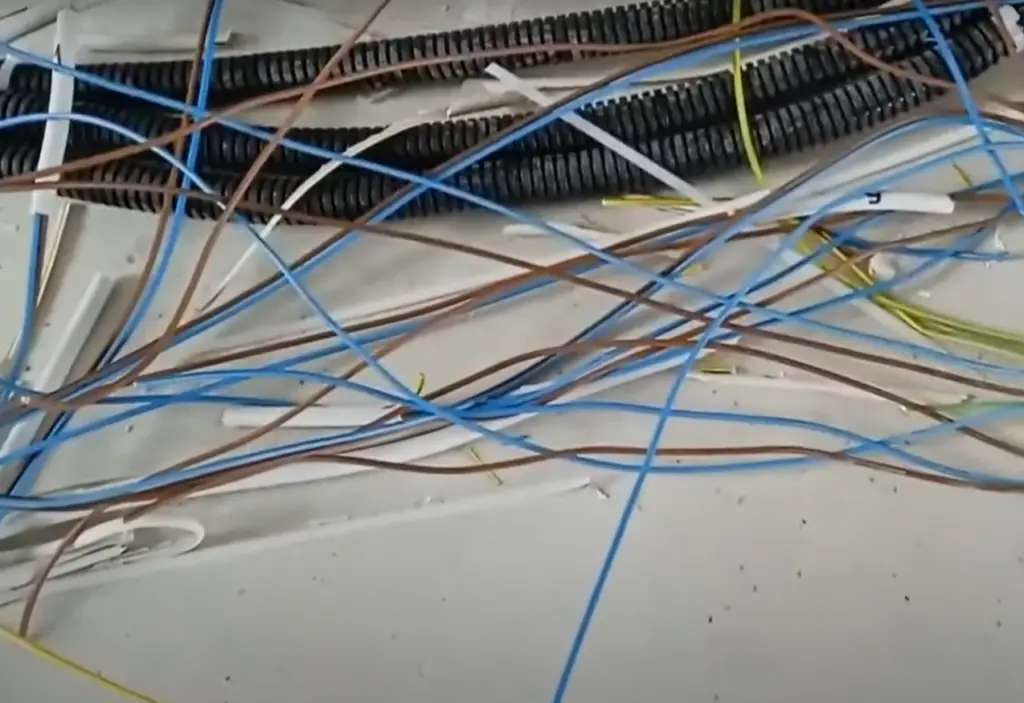
Recycling copper reduces the need to mine new ore which conserves natural resources and reduces pollution caused by smelting operations. The monetary value of recycled copper often makes it financially worthwhile to recycle rather than discard old cables.
How to peel copper wire fast?
Here are the top five hacks you can try to peel your copper wire:
- If you’re scraping a large quantity of copper wire, use a hydraulic cable stripping machine. This tool is the most efficient and reliable way to quickly strip through large batches of copper;
- Use an electric-powered automatic stripping machine to strip medium-sized batches of copper wire. It offers more power than manual strippers while being easier to use for long periods;
- For smaller batches or occasional projects, try using a pair of heavy-duty wire strippers or cutters for quick and easy results. Many manufacturers offer models with adjustable blades that allow you to control the depth and length of your strips;
- Ensure to pre-sort your copper wire into different gauges (thicknesses) before you start stripping. It will make the process much quicker and easier as different wires may require different techniques to strip efficiently;
- Be careful of sharp edges when peeling copper wire which can cause cuts or scrapes. Wear protective gloves and goggles when handling copper wiring to avoid accidents. With the right tools and a bit of practice, you’ll be able to peel through large batches of copper in no time.
Useful Video: Finding the biggest “copper” wire I have ever scrapped !
Conclusion
Wire stripping is an important part of salvaging copper wiring for scrap. It can be tricky, but the right tools and techniques will allow you to quickly and safely peel through large batches of copper wire. Take all safety precautions when working with electrical components and proper disposal procedures when finished. With this guide, you have all the information you need to start stripping copper wire efficiently.
References:
- https://rockawayrecycling.com/scrap-metal-prices/
- https://blog.thepipingmart.com/metals/how-to-identify-copper-wire-a-complete-guide/
- https://www.safetycompany.com/safetyblog/5-safety-tips-to-follow-when-stripping-wire/
- https://markets.businessinsider.com/commodities/copper-price

